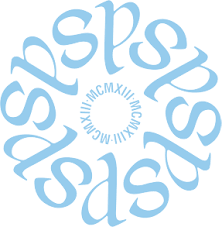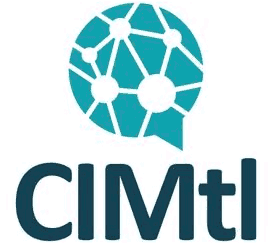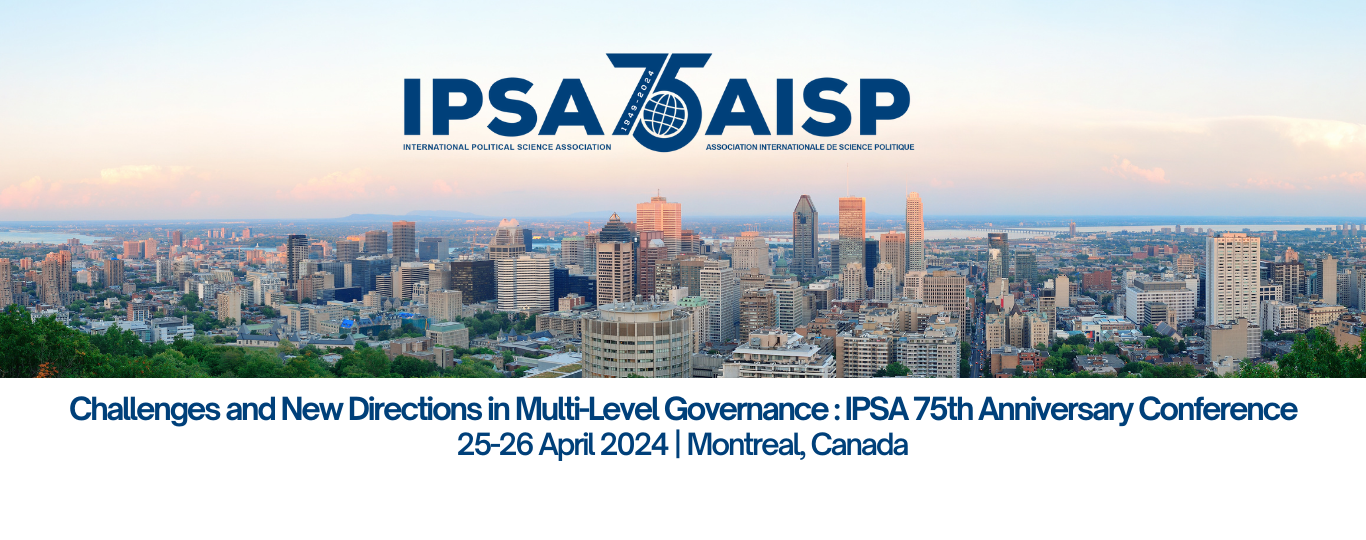
Coined in the early 1990s, the term 'multi-level governance' initially described and analyzed the new procedures displayed for the development and implementation of public policies in the European Union. The usage of the term soon spread beyond EU studies. In the contemporary definition, multi-level governance refers to changes in the structure of governance at the sub-national, state and supra-national level; it encompasses the study of a variety of actors involved in the decision-making process and in the implementation of these decisions. Nowadays, we find the term ‘multi-level governance’ in a number of subfields and topics, such as the European Union political processes, the transformations of the polity structures, federalism, international relations, and public policy or local government.
One of the premises of multi-level governance is that the nation-state is not vanishing or disappearing, but it is witnessing a role transformation in a network of actors, governmental and non-governmental from different territorial levels with which the national authorities interact, negotiate, agree, cooperate, and compete. Multi-level governance encompasses formal structural changes in political institutions at different territorial levels, but also the connections and interactions of diverse public and private actors, institutions, and their respective jurisdictions in a variety of territorial arenas of the decision-making and implementation processes. Thus, according to the multi-level governance approach, the decision-making process at various levels of government becomes more participatory than hierarchical, more fluid and informal than ordered and structured, more oriented towards negotiations and agreements than to imposed or authoritative unilateral decisions, and conceived in a network-based approach between national government and other actors rather than in a hierarchical conception.
At various degrees, multi-level government structures entangle different actors and levels of government in all countries in our globalized world. Yet, this current world order of multi-level governance is also at a crossroads. On the one hand, global threats such as climate change or transboundary crisis like COVID-19 can only be combatted through multilayered cooperation. On the other hand, the current world order of interdependence is increasingly contested. Even to the least politically aware, rifts in all levels of governments begin to surface strongly. On the global scheme, the end of history thesis which postulates the spread of democratic governance to any place of the world has long been obsolete. National governments as well as political actors within states (e.g. populist radical right or left wing parties) contest supra-national institutions such as the EU more and more. In addition, we are currently witnessing upheavals with violent overthrows of governments, autocratic erosion of democratic institutions, extensive contestation of established power structures and widespread disillusionment of parts of the populations regarding liberal democratic institutions. Against the backdrop of these developments, this conference aims to evaluate challenges and new directions in multi-level governance. In line with the global mission of IPSA, some special sessions will try to determine the most important challenges toward global governance in various regions of the world.
Questions of interest are:
- What are the current trends regarding the national world order?
- How do national and subnational actors challenge or defend regional governance systems such as the European Union?
- Will the current populist wave sweep away the subnational, national and supranational systems of governance?
- Will it be possible to find truly international solutions for global problems such as the climate crisis?
- How can decentralization and federal structures help in these processes and what challenges are they addressing?
- How do state and non-state actors adapt to the new challenges of the 21st century?
- Will we be in for a new cold-war-like era with a divide between East and West?
- Regionally, what will be the most important challenges to multi-level governance?
Program Committee
Pablo Oñate
(Committee chair) IPSA President, Professor of political science at University of Valencia (Valencia, Spain)
Yuko Kasuya
IPSA President-Elect, Professor of political science at Keio University (Tokyo, Japan)
Daniel Salée
Professor and Chair of political science at Concordia University (Montreal, Canada)
Daniel Stockemer
IPSR Co-editor, Professor of political science at University of Ottawa (Ottawa, Canada)
Video
Important Dates
| 20 October 2023 | Call for Proposals Opens |
| 14 December 2023 | Extended Deadline to Submit a Paper Proposal |
| 25 January 2024 | Acceptance or Rejection Notifications (sent by email to the individual who submitted the proposal) Registration Opens |
| 22 February 2024 | Registration Deadline to Remain in the Program For all paper authors accepted in the program. Participants not registered will be withdrawn from the Conference Program. |
| 22 March 2024 | Deadline to Register for the Conference |
| 17 April 2024 | Deadline to Submit Paper |
| 25-26 April 2024 | Conference Dates |
Conference Partners
Collaborators
Program
The Program (PDF document) is organized by date and time and includes the list of paper presentations or speakers in each panel.
Conference Photos
Selected conference photos are available in IPSA’s Flickr account.
Certificates of Participation
A certificate of participation may be requested by e-mail to events@ipsa.org. Certificates will be issued to conference participants who attended their panel and fulfilled their role (paper presenter, chair/discussant or speaker).
Schedule Overview
25 April 2024 | 9:00 – 19:00 EDT
| ROOM | 1220 | 1271 | 1252 | 1226 | 1230 |
| 08:00 – 09:00 | Registration | ||||
| 09:00 – 09:30 | Opening Remarks | ||||
| 09:45 – 11:15 | Panel 1. The EU as an International Actor | Panel 5. Federalism and Decentralization: A Recipe for Better Governance? | Panel 21. Multi-Level Governance – the Indigenous Experience | Panel 15. Multi-Level Governance and Climate Policy | Panel 9. The War in Ukraine – A Failure of Multi-Level Governance? |
| 11:15 – 11:30 | Break | ||||
| 11:30 – 13:00 | Panel 2. Internal and External Challenges to the EU | Panel 6. Federalism and Decentralization: The Asian Experience | Panel 22. Multi-Level Governance and Identity Politics | Panel 16. Multi-level Governance and Environmental Sustainability | Panel 10. Present Day Conflicts and Conflict Resolution |
| 13:00 – 14:00 | Lunch | ||||
| 14:00 – 15:30 | Panel 3. The EU - Trust, Democracy and Legitimacy | Panel 7. Federalism – A Panacea for Better Policy Outcomes? | Panel 24. Multi-Level Governance, Diplomacy and Citizens’ Participation | Panel 17. Multi-level Governance – The Canadian Experience in Comparative Perspective | Panel 11. Multi-Level Governance and International Security I |
| 15:30 – 15:45 | Break | ||||
| 15:45 – 17:15 | Practitioners’ Roundtable on Challenges and New Directions in Multi-Level Governance | ||||
| 17:15 – 19:00 |
Opening Ceremony |
||||
26 April 2024 | 9:00 – 17:00 EDT
| ROOM | 1220 | 1271 | 1252 | 1226 | 1230 |
| 08:00 – 09:00 | Registration | ||||
| 09:00 – 10:30 | Panel 4. Multi-level Decision Making in the EU | Panel 8. Federalism - The Brazilian Experience | Panel 23. Multi-Level Governance and the Electoral Arena | Panel 18. Multi-Level Governance - The Asian Experience | Panel 12. Multi-Level Governance and International Security II |
| 10:30 – 10:45 | Break | ||||
| 10:45 – 12:15 | Panel 13. Multi-Level Governance and the COVID-19 Pandemic | Panel 25. Multi-Level Governance, Technology and the Digital World | Panel 20. Multi-Level Governance and Migration | Panel 14. Multi-Level Governance in Autocracies and Hybrid Regimes | |
| 12:15 – 13:30 | Lunch | ||||
| 13:30 – 15:00 | Panel 27. Global Governance Challenges in the 21st Century: Learning From Comparative Practice in Multi-Level Countries | Panel 26. Gender and Multi-Level Governance | Panel 19. Multi-Level Governance – The Latin American Experience | ||
| 15:00 – 15:15 | Break | ||||
| 15:15 – 16:45 | Academics’ Roundtable on Challenges and New Directions in Multi-Level Governance | ||||
| 16:45 – 17:00 | Closing Remarks | ||||
Day 1 - 25 April 2024
Opening Remarks - 09:00 – 09:30
IPSA’s 75th anniversary conference on Challenges and New Directions in Multi-Level Governance conference kicked off on 25 April 2024 at Concordia University, Montréal. The conference was presented in partnership with the Government of Québec, Concordia University, the Konrad Adenauer Foundation (KAS) Canada, and the Conseil des relations internationales de Montréal (CORIM), and with collaborative support from the Canadian Political Science Association (CPSA) and the Société québécoise de science politique (SQSP), Future Earth, Sustainability in the Digital Age, Forum of Federations, and Connexion internationale de Montréal (CIMtl).
Watch the Opening Remarks Video
In her opening address, Kim Fontaine-Skronski, IPSA Executive Director and Master of Ceremonies, extended a warm welcome to the IPSA Executive Committee, speakers, participants, and guests. She thanked the Program Committee, the IPSA staff and all the partners who helped to organize this event.
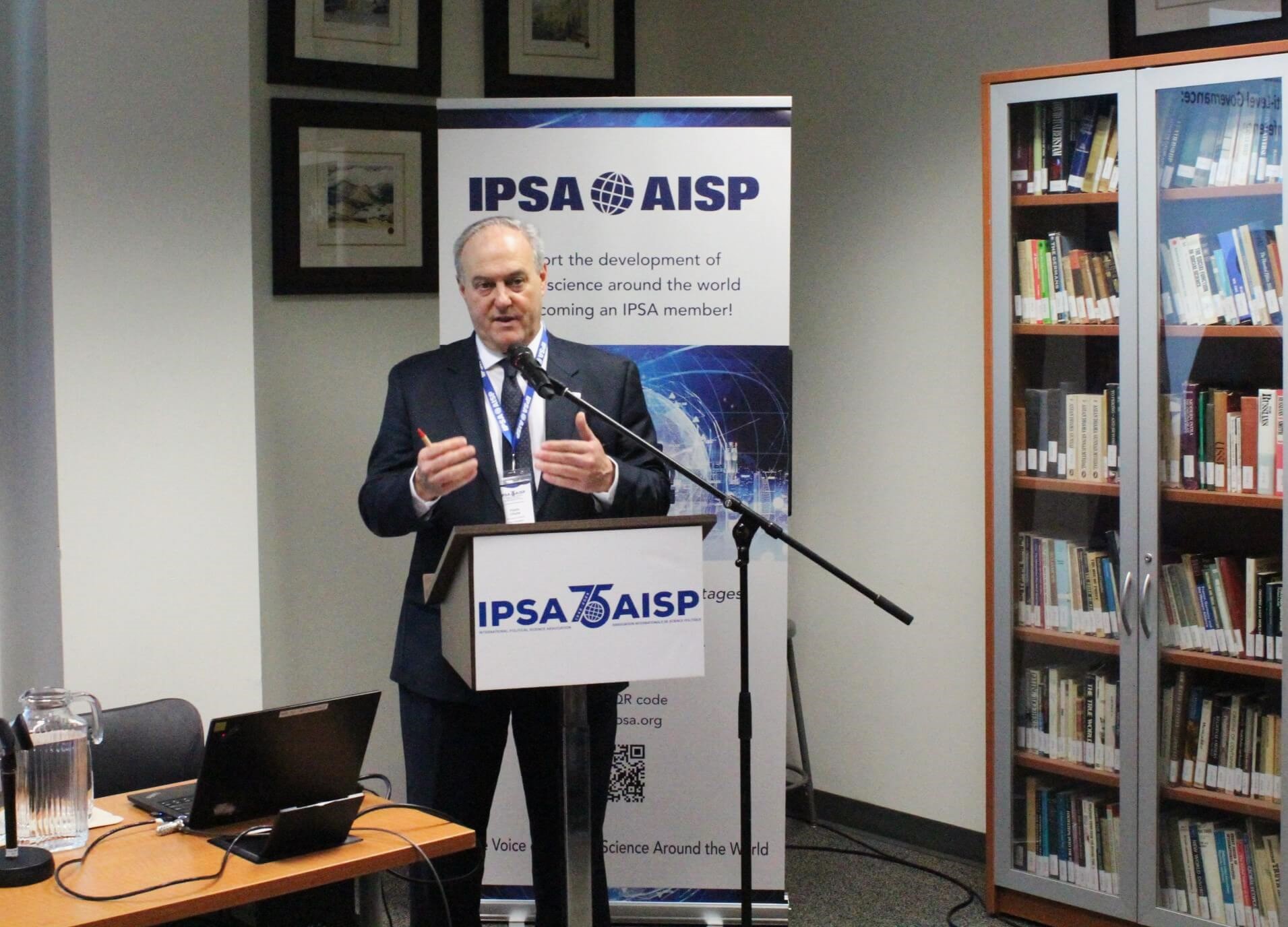 After Dr. Fontaine-Skronski’s remarks, IPSA President Pablo Oñate highlighted the organization's historic mission of promoting political science worldwide. Dr. Oñate expressed gratitude to the Program Committee and Prof. Daniel Salée, Chair of the Political Science Department at Concordia University, for their contributions to the success of the conference. Prof. Oñate also commented on the relevance of the conference theme, noting that multi-level governance has been on the rise notably since the start of the 21st century. He pointed out that the emergence of a new regionalism has led to a change in political structures and a dispersion of power from the state upwards and downwards. He noted that while the state is not disappearing, its role is certainly evolving.
After Dr. Fontaine-Skronski’s remarks, IPSA President Pablo Oñate highlighted the organization's historic mission of promoting political science worldwide. Dr. Oñate expressed gratitude to the Program Committee and Prof. Daniel Salée, Chair of the Political Science Department at Concordia University, for their contributions to the success of the conference. Prof. Oñate also commented on the relevance of the conference theme, noting that multi-level governance has been on the rise notably since the start of the 21st century. He pointed out that the emergence of a new regionalism has led to a change in political structures and a dispersion of power from the state upwards and downwards. He noted that while the state is not disappearing, its role is certainly evolving.
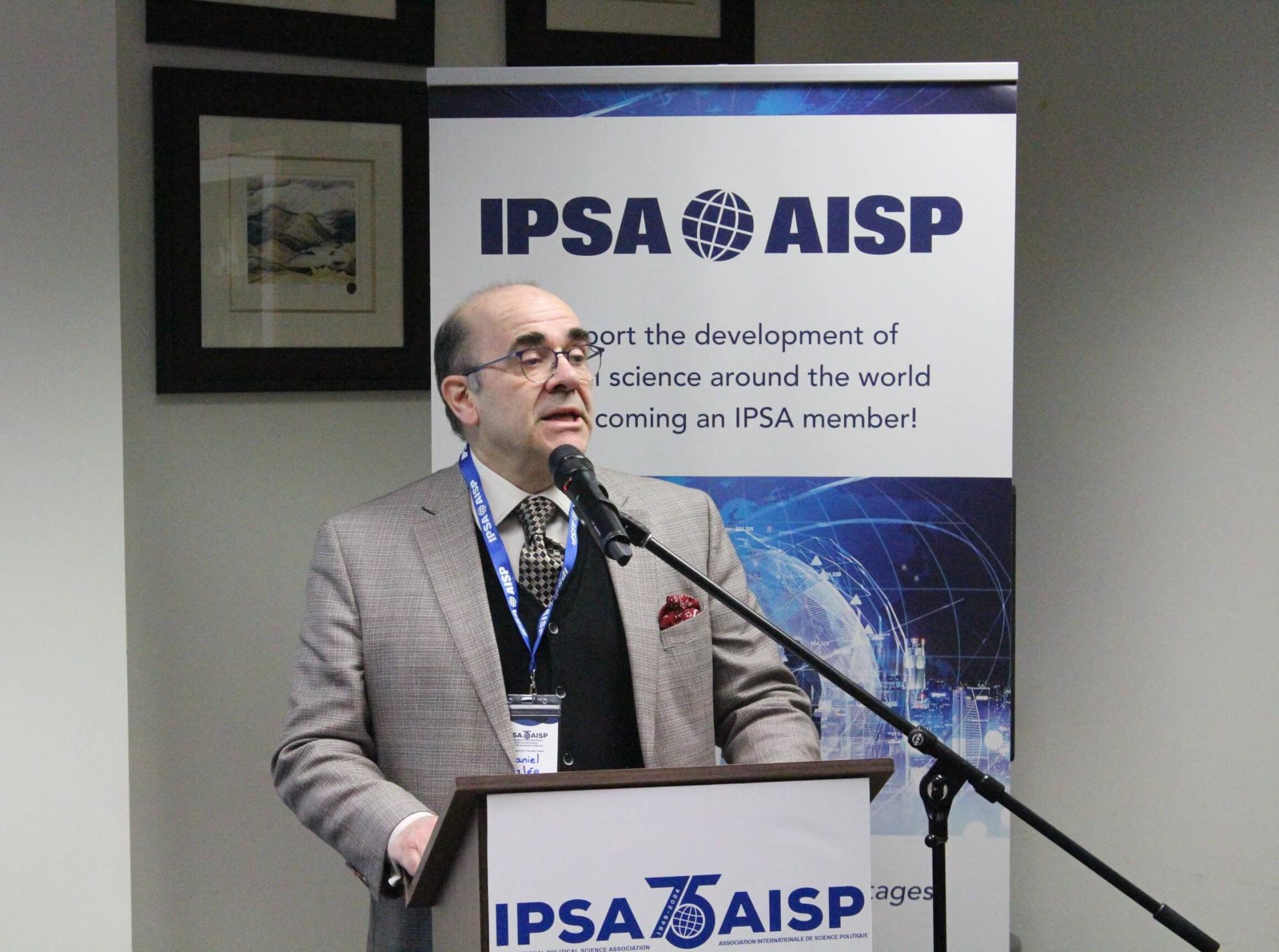 Daniel Salée began his address by paying tribute to the unceded indigenous territories upon which Concordia University was established. Prof. Salée then highlighted the long-standing collaboration between the university and IPSA, which has spanned over 18 years. He concluded by expressing his best wishes for a successful conference and fruitful discussions on multi-level governance.
Daniel Salée began his address by paying tribute to the unceded indigenous territories upon which Concordia University was established. Prof. Salée then highlighted the long-standing collaboration between the university and IPSA, which has spanned over 18 years. He concluded by expressing his best wishes for a successful conference and fruitful discussions on multi-level governance.
Practitioners’ Roundtable on Challenges and New Directions in Multi-Level Governance
15:45 – 17:15
Chair
Pablo Oñate, Professor and Chair, Department of Political Science, Universitat de València and IPSA President
Speakers
- Sara Veilleux, Director General, Africa, Francophonie and Multilateral Relations, Quebec Ministry of International Relations and Francophonie
- Oumar Diallo, Director, Office of International Relations, City of Montreal
- Ghislain Picard, Chief of the Assembly of First Nations Québec-Labrador and Expert-in-Residence, Concordia University
- Micheline Ayoub, Executive Director, Future Earth, Concordia University
- Norbert Eschborn, Director, Konrad Adenauer Foundation of Canada (KAS)
Watch the Practitioners’ Roundtable Video
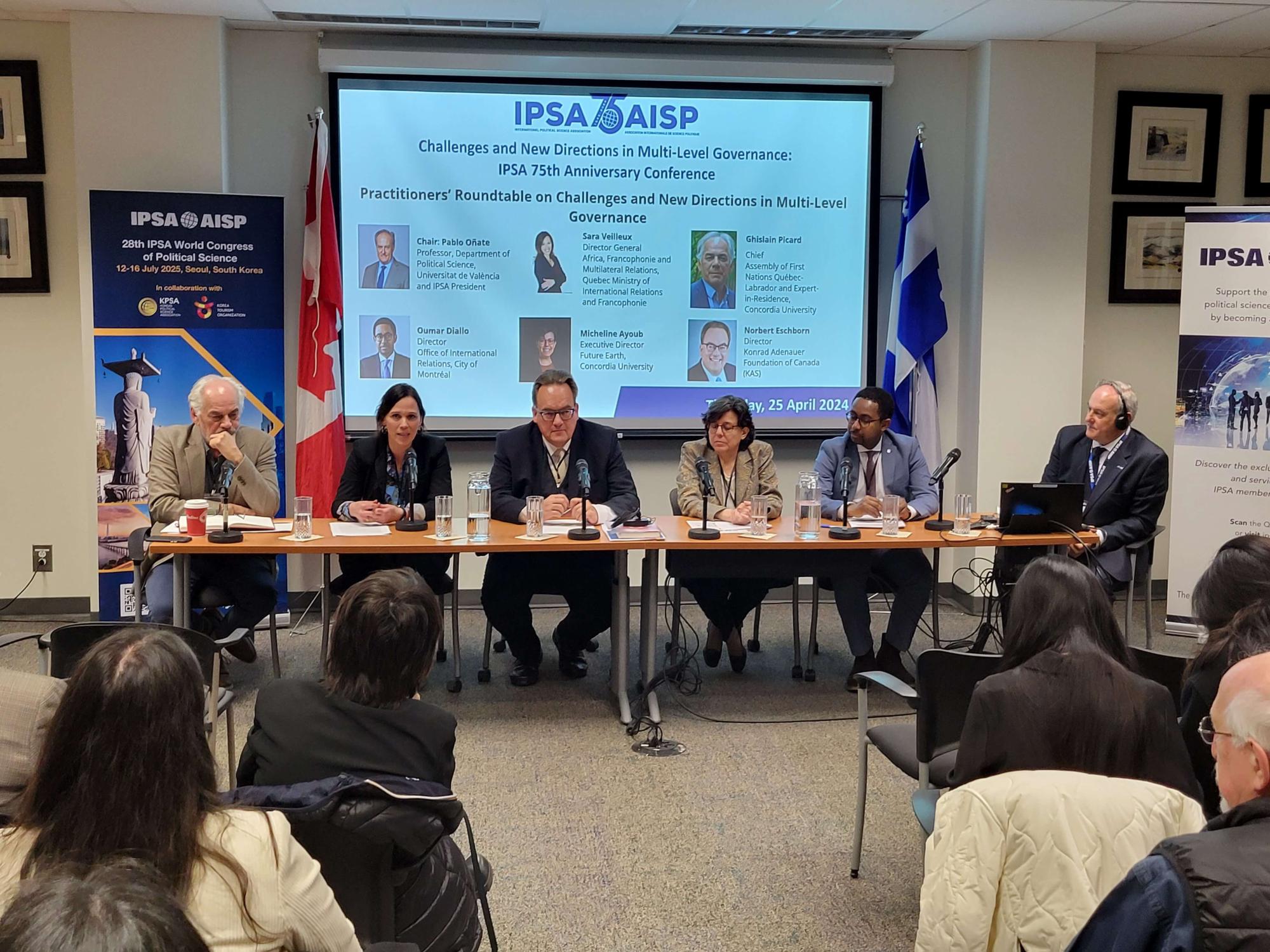
The highlight of the day was the Practitioners’ Roundtable on Challenges and New Directions in Multi-Level Governance, chaired by IPSA President Pablo Oñate. This roundtable brought together prominent practitioners from different institutions to share their extensive experience in the field of multi-level governance. Sara Veilleux, Director General, Africa, Francophonie and Multilateral Relations, Québec Ministry of International Relations and La Francophonie; Oumar Diallo, Director, Office of International Relations, City of Montréal; Ghislain Picard, Chief of the Assembly of First Nations Québec-Labrador and Expert-in-Residence, Concordia University; Micheline Ayoub, Executive Director, Future Earth; and Norbert Eschborn, Director, Konrad Adenauer Foundation (KAS) Canada, reflected on the complexities of multi-level governance and discussed innovative strategies to address its inherent challenges.
Photo (left to right): Ghislain Picard, Sara Veilleux, Norbert Eschborn, Micheline Ayoub, Oumar Diallo and Pablo Oñate.
The 75th Anniversary Ceremony and Reception
17:15 – 19:00
Watch the Opening Ceremony Video
The first day concluded with a ceremony marking IPSA’s 75th anniversary attended by many special guests, including representatives from the Québec Ministry of International Relations and La Francophonie, the City of Montréal, the Konrad Adenauer Foundation of Canada, as well as IPSA Executive Committee members and conference participants.
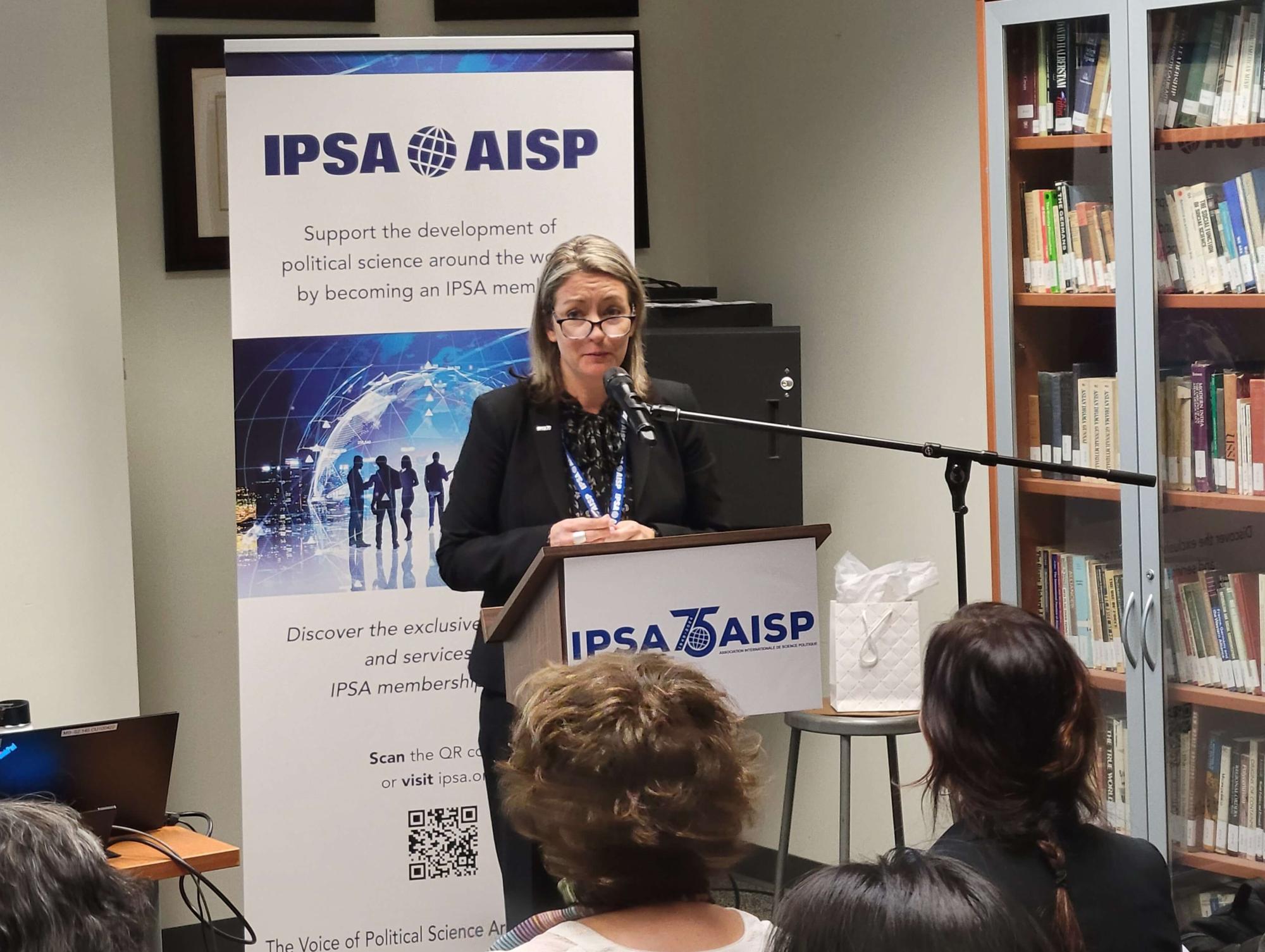 Kim Fontaine-Skronski - IPSA Executive Director
Kim Fontaine-Skronski - IPSA Executive Director
IPSA’s 75th anniversary ceremony began with an address by IPSA Executive Director Kim Fontaine-Skronski, who welcomed guests and thanked the conference partners and collaborators for their support. Dr. Fontaine-Skronski took the opportunity to announce the launch of the IPSA Timeline, a digital chronicle on the association's website, showcasing the milestones that have shaped IPSA over the past 75 years. Discover the IPSA Timeline now!
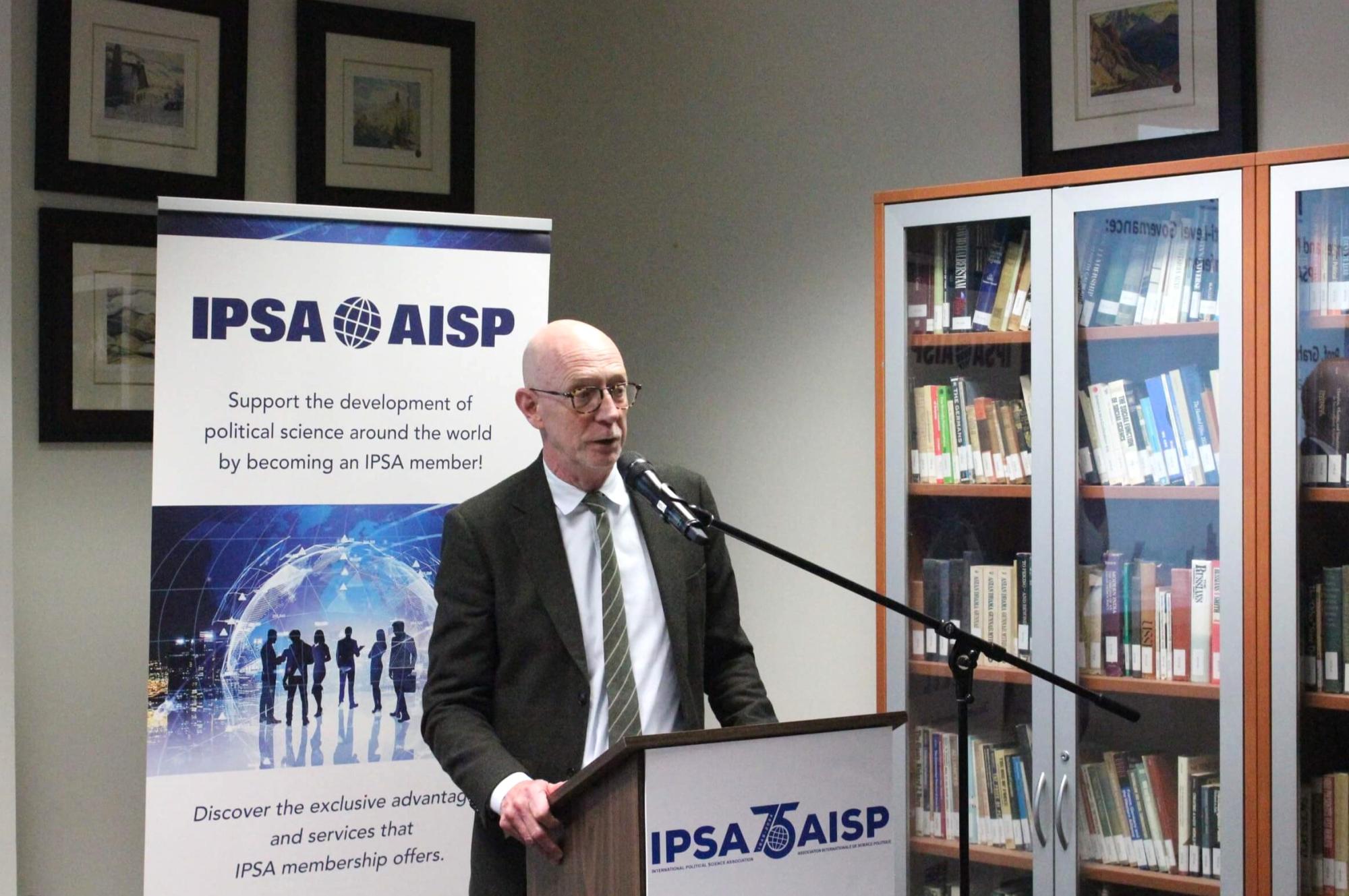 Graham Carr - President and Vice-Chancellor of Concordia University
Graham Carr - President and Vice-Chancellor of Concordia University
In his address, Graham Carr, President and Vice-Chancellor of Concordia University, welcomed conference participants to Concordia and congratulated IPSA on its 75th anniversary. Prof. Carr highlighted the collaborative efforts between IPSA and Concordia, emphasizing their shared priorities of supporting colleagues in emerging democracies and facilitating open exchanges of ideas. Prof. Carr also commended IPSA's global network and Concordia's pivotal role in its growth, citing joint initiatives such as the IPSA-Concordia Summer Institute in Applied Diplomacy. Prof. Carr concluded by highlighting Concordia's achievements in political science and the significance of IPSA's work in addressing pressing global challenges.
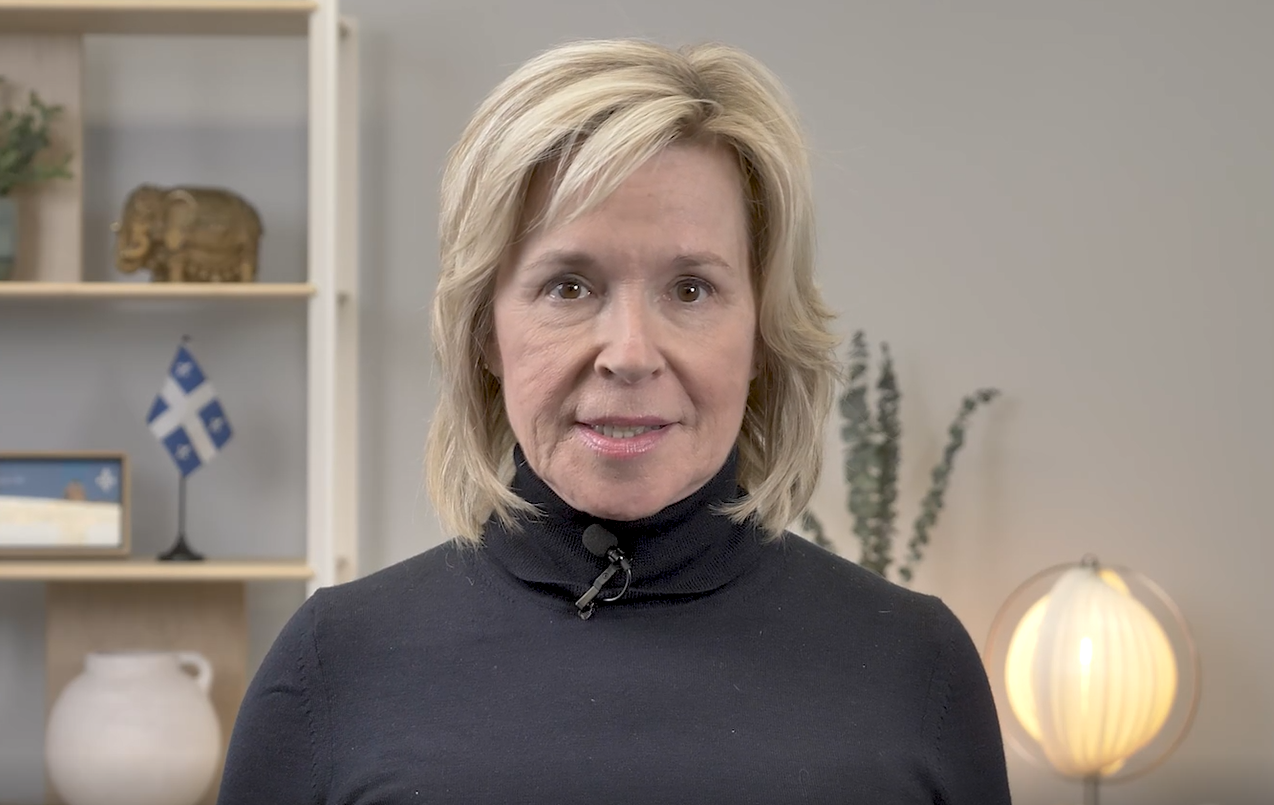 Martine Biron - Québec Minister of International Relations and La Francophonie
Martine Biron - Québec Minister of International Relations and La Francophonie
Martine Biron, Québec Minister of International Relations and La Francophonie, delivered a video message acknowledging IPSA's pivotal role in shaping political science since its foundation in 1949 and emphasizing IPSA's prominent place among the 80 international associations based in Montréal. The minister also reaffirmed the Government of Québec’s commitment to supporting IPSA and promoting mutual values.
Alia Hassan-Cournol - City of Montréal Councillor
In her video address, Alia Hassan-Cournol, representing the Mayor of Montréal and the city administration, congratulated IPSA on its 75th anniversary. She also discussed the administration's ongoing efforts to combine theory and practice to develop public policies that create a more inclusive society.
 Stéphane Paquet - President and CEO of Montréal International
Stéphane Paquet - President and CEO of Montréal International
In his video message, Stéphane Paquet, President and CEO of Montréal International, extended warm congratulations to IPSA on its 75th anniversary and the conference. Mr. Paquet highlighted IPSA's role as the global voice of the political science community, emphasizing its efforts to bring together diverse perspectives from around the world to advance the field of political science. He further noted that the IPSA Secretariat has been headquartered in Montréal for nearly two decades and that its collaboration with Concordia University, Montréal International, and other international organizations contributes to Montréal's status as the Canadian capital of international organizations.
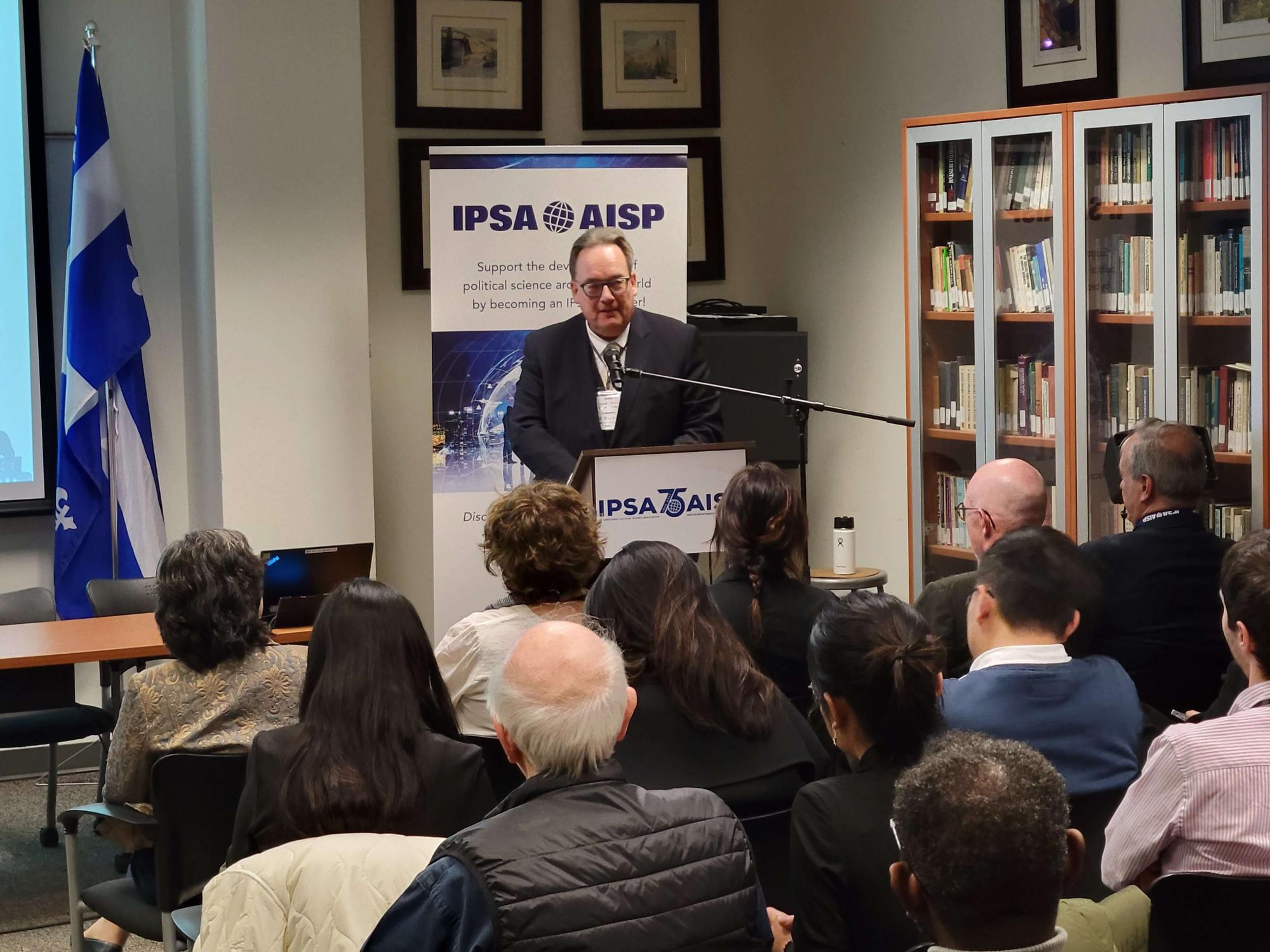 Norbert Eschborn - Director, Konrad Adenauer Foundation (KAS) Canada
Norbert Eschborn - Director, Konrad Adenauer Foundation (KAS) Canada
Norbert Eschborn, Director of the Konrad Adenauer Foundation (KAS) Canada, reflected on the themes of the conference and the enduring partnership between IPSA and KAS in the promotion of political science. He highlighted the important role played by IPSA Executive Director Kim Fontaine-Skronski in fostering a fruitful partnership between the two organizations since 2019 and acknowledged the contributions of women in advancing IPSA’s mission.
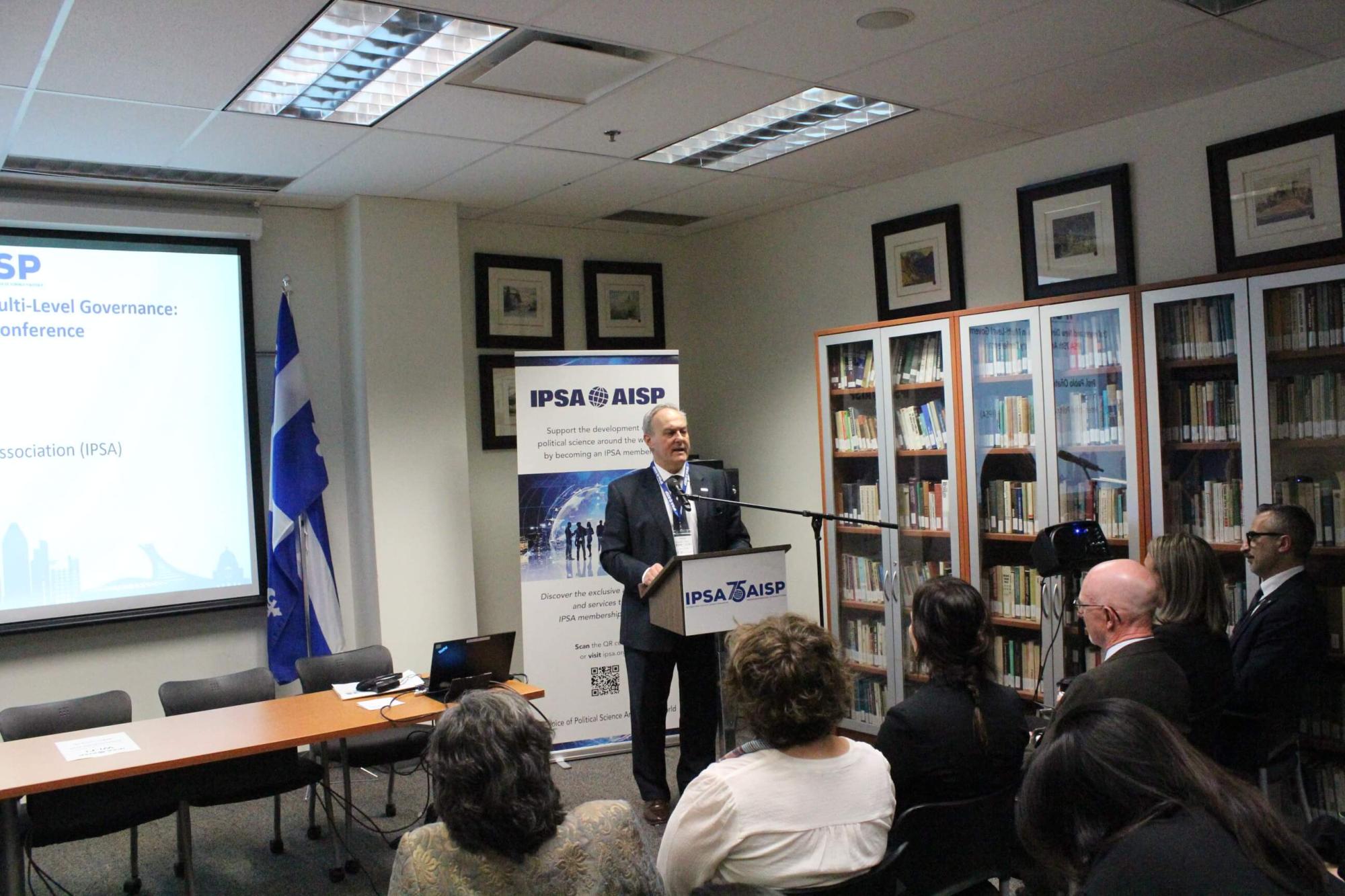 Pablo Oñate - IPSA President
Pablo Oñate - IPSA President
IPSA President Pablo Oñate thanked the Program Committee, conference partners, and collaborators for their contributions and reiterated the importance of multi-level governance in addressing contemporary global challenges. President Oñate also took the time to reflect on IPSA’s long journey since its foundation in 1949 and its first World Congress in 1950 in Zurich. He discussed the evolution of the Association, most notably reflected in its increased gender inclusivity. He concluded by expressing his profound gratitude to IPSA’s global community and to all those who contributed to IPSA’s success.
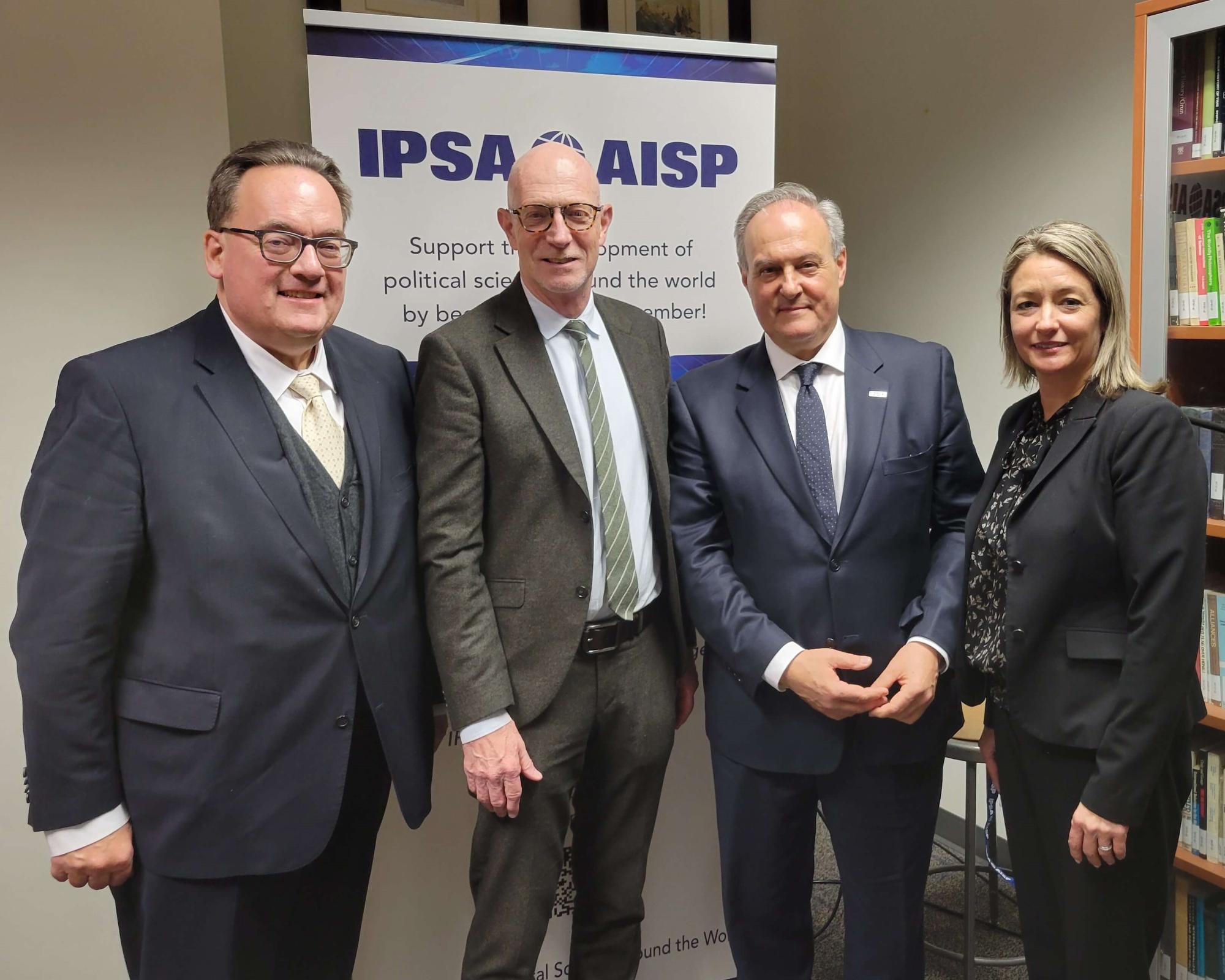
Photo (left to right): Norbert Eschborn (Director, Konrad Adenauer Foundation Canada), Graham Carr (President and Vice-Chancellor of Concordia University), Pablo Oñate (IPSA President) and Kim Fontaine-Skronski (IPSA Executive Director).
Day 2 - 26 April 2024
Academics’ Roundtable on Challenges and New Directions in Multi-Level Governance
Chair
Yuko Kasuya, Professor, Department of Political Science Faculty of Law, Keio University, Tokyo, Japan and IPSA President-Elect
Speakers
- Daniel Salée, Professor and Chair, Department of Political Science, Concordia University
- Vanessa Elias de Oliveira, Associate Professor of Political Science in Public Policy, Federal University of ABC, São Paolo
- Serge Granger, Professor, School of Applied Politics, Université de Sherbrooke
- Francesca Longo, Professor of Political Science and International Relations and Vice-Rector for International Relations, University of Catania
Watch the Academics’ Roundtable Video
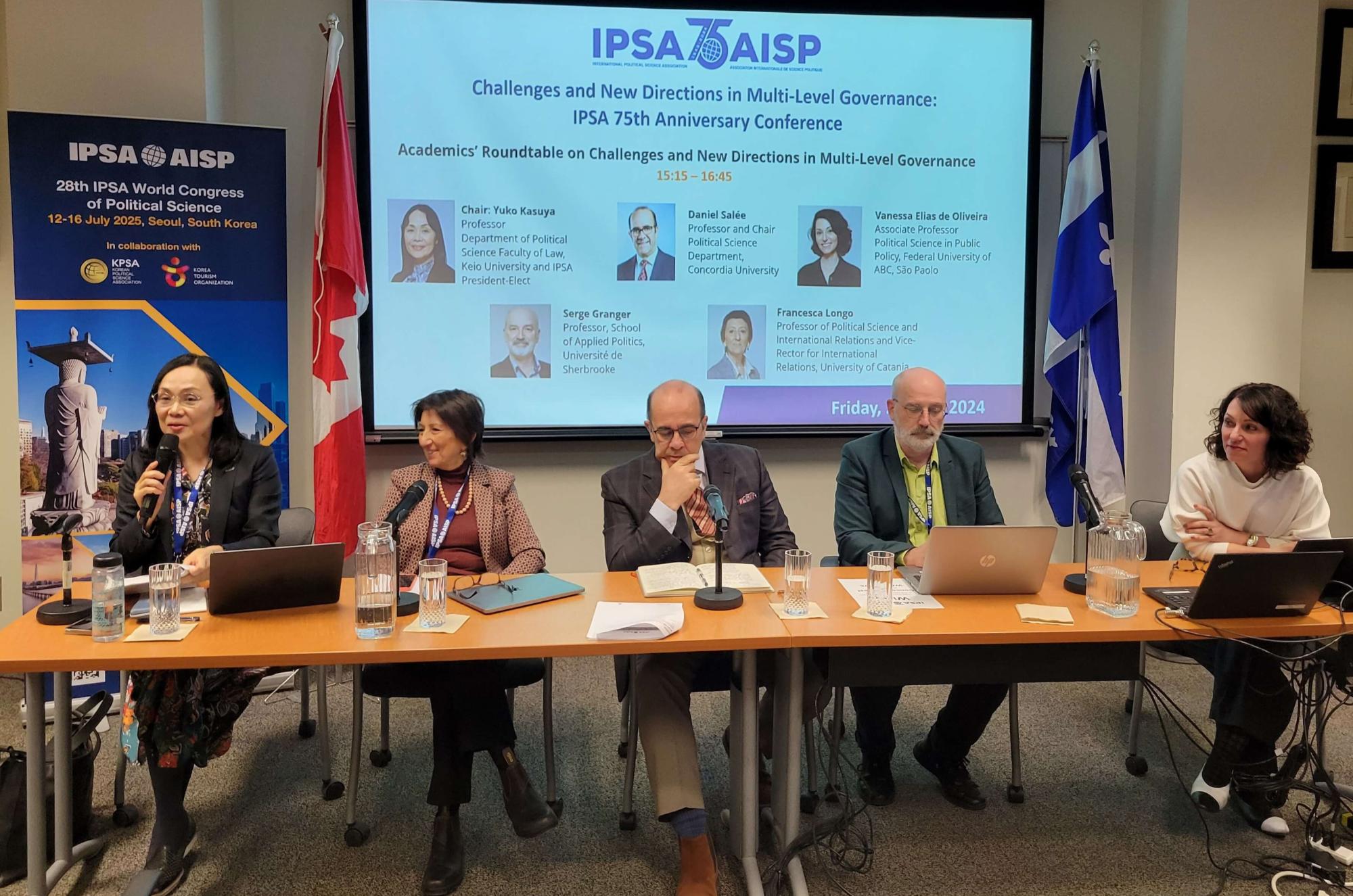
The Academics’ Roundtable on Challenges and New Directions in Multi-Level Governance, chaired by Yuko Kasuya (IPSA President-Elect and Professor of Political Science at Keio University), was the main event of the second and final day of the conference. The roundtable brought together distinguished scholars, each offering unique insights derived from their extensive research and academic expertise: Daniel Salée (Professor and Chair, Department of Political Science, Concordia University); Vanessa Elias de Oliveira (Associate Professor of Political Science in Public Policy, Federal University of ABC, São Paolo); Serge Granger (Professor, School of Applied Politics, Université de Sherbrooke) and Francesca Longo (Professor of Political Science and International Relations and Vice-Rector for International Relations, University of Catania).
Photo (left to right): Yuko Kasuya, Francesca Longo, Daniel Salée, Serge Granger and Vanessa Elias de Oliveira.
Global Governance Challenges in the 21st Century: Learning from Comparative Practice in Multi-Level Countries Panel
13:30 – 15:00
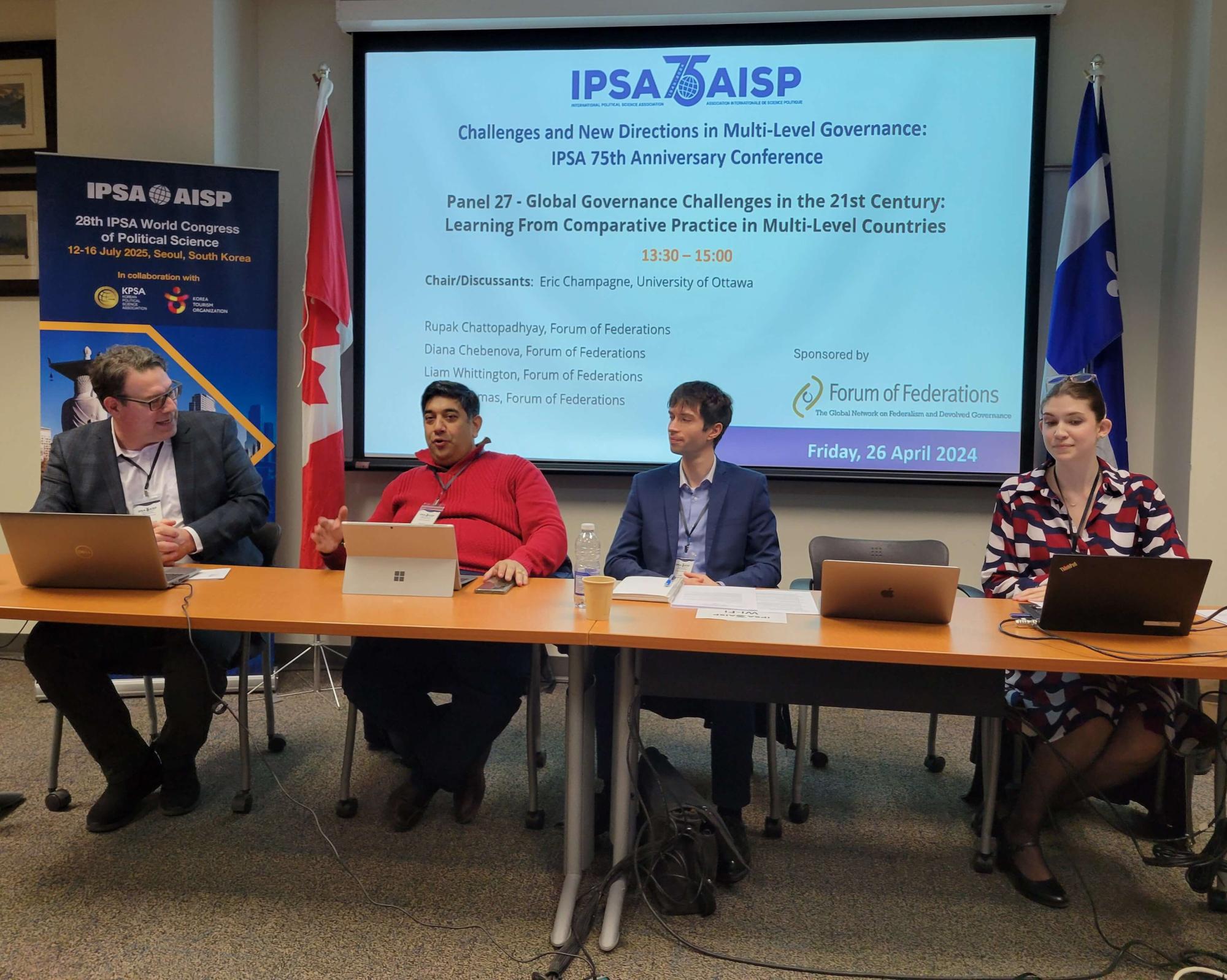
One of the highlights of the second day was the panel on Global Governance Challenges in the 21st Century: Learning from Comparative Practice in Multi-Level Countries, organized by the Forum of Federations, an international organization that develops comparative expertise on the practice of federal and decentralized governance.
The Forum of Federations' panel presented a range of key governance issues with implications for federal and multilevel states. Economic inequalities and disillusionment with status quo politics are exacerbating challenges around state fragility. Climate change poses an existential threat to countries in the Global North and South, and the devastating impacts of extreme weather events are being felt across the globe. Governments face these challenges in the context of a rapidly changing technological landscape. The increasing digitalization of society, and the development of increasingly sophisticated artificial intelligence, have the potential to seriously disrupt economic models, threatening jobs and livelihoods in the process. Chaired by Eric Champagne (University of Ottawa), the panel was composed of Rupak Chattopadhyay, President and CEO; Liam Whittington, Senior Program Manager; and Jamie M. Thomas, Program Officer, who explored how federal and multi-level systems of governance are addressing some of these critical issues with a focus on lessons from comparative international practice.
Photo (left to right): Eric Champagne, Rupak Chattopadhyay, Liam Whittington and Jamie M. Thomas.
Closing Remarks
16:45 – 17:00
Watch the Closing Remarks Video
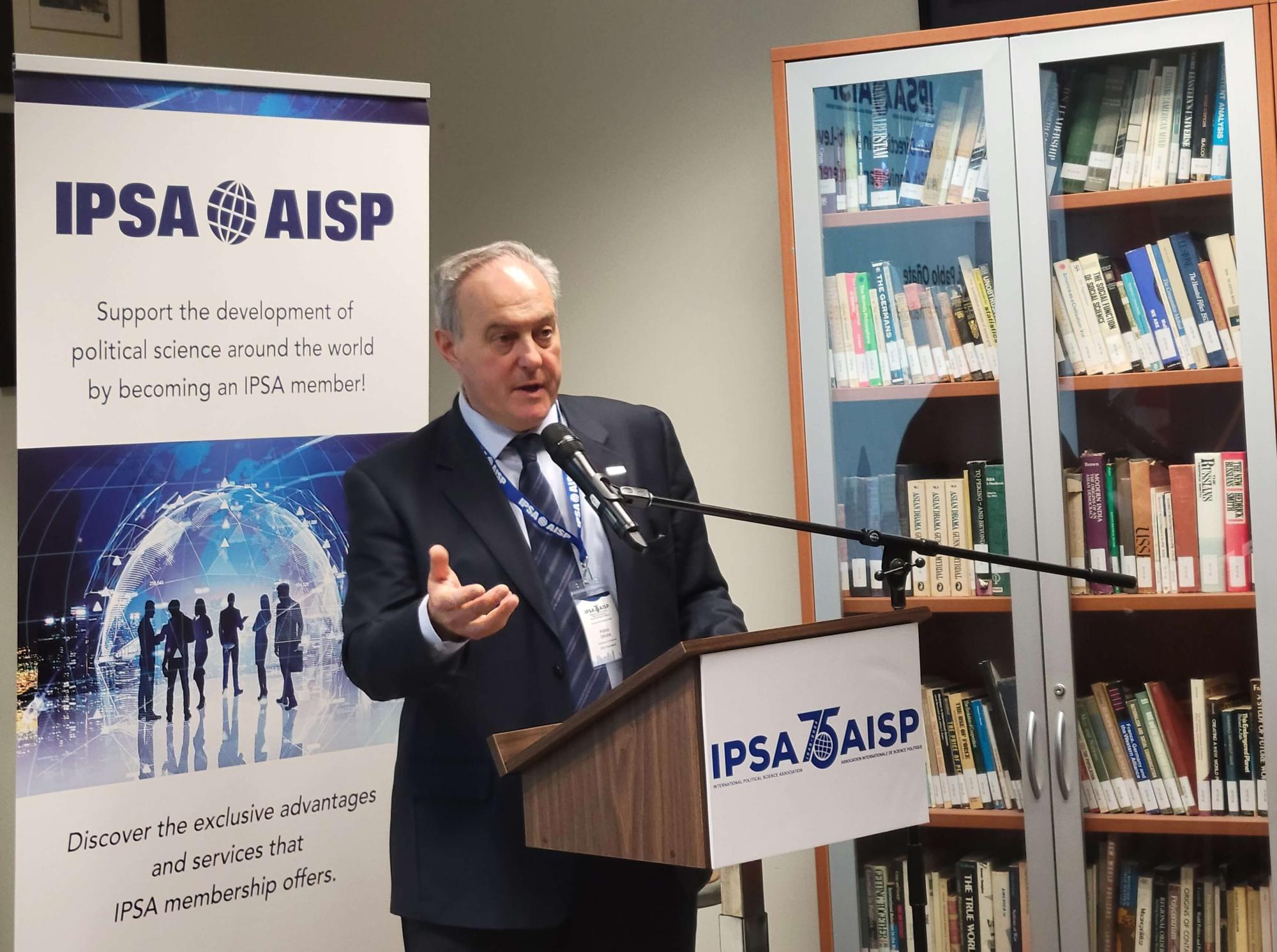
The conference concluded with closing remarks delivered by Pablo Oñate, IPSA President and Program Committee Chair of the 75th anniversary Montréal conference. Prof. Oñate expressed his gratitude to his fellow Program Committee members: Yuko Kasuya, IPSA President-Elect and Professor of Political Science at Keio University; Daniel Salée, Professor and Chair of the Political Science Department at Concordia University; and Daniel Stockemer, Co-editor of International Political Science Review and Professor of Political Science at the University of Ottawa.
President Oñate referenced several key observations from the conference, emphasizing the significant potential of multilevel governance while acknowledging its inherent challenges. He also expressed his gratitude for the numerous academic papers submitted to IPSA for the conference, noting the diverse perspectives presented. Prof. Oñate concluded by expressing his gratitude to all participants, panelists, partners, and collaborators, colleagues, IPSA staff, and volunteers for their invaluable contributions to the success of this event. Finally, Prof. Oñate extended an invitation to all conference participants to join IPSA's next 75th anniversary conference on Democratization and Autocratization, scheduled for 11-13 September 2024 in Lisbon.





